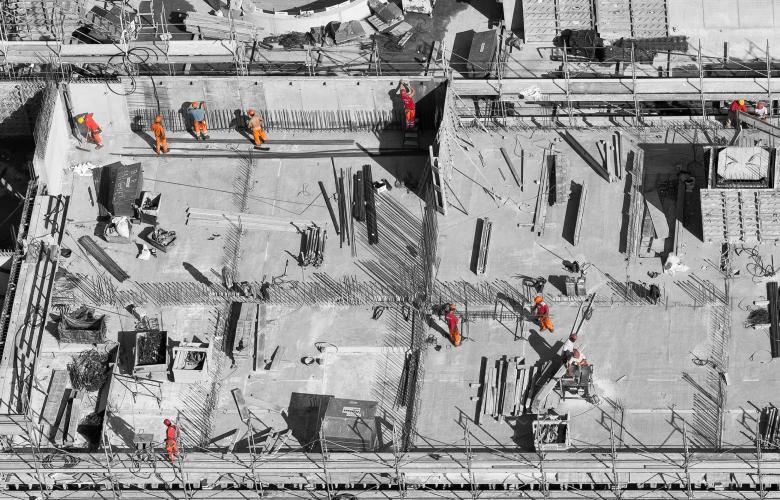Indonesian gov't offers investment opportunities in water, housing and education
Contact
Indonesian gov't offers investment opportunities in water, housing and education
A lot of positive developments have happened in Indonesia under Jokowi's administration and if recent reports are to be believed there's a lot more still to come to build the country's infrastructure and beyond.
It's hard not to take notice of local news reports giving a lot of space to infrastructural developments across Indonesia, including new toll roads, MRT's, new airports and harbours, which are rolling out at incredible speeds.
The first phase of Jakarta's Mass Rapid Transport system, for example, is slated to be open to the public in early 2019 with plans to have "integrated transportation, managed by a smart system, by 2045," according to Wihana Kirana Jaya, special adviser to the Ministry of Transportation.
Minister of Public Works and Public Housing, Basuki has said that no less than 39 toll road projects have now been built across the country. Jakarta will also see 70 kilometers of inner-city toll road links opening by 2023 to the tune of almost USD 3 billion with around 50% of them already complete.
The Ministry of Transportation recently announced intentions to build 57 new airports in the next five years at a cost of USD 5.5 billion with construction for at least eleven of them schedule to begin in 2018.
For long-term watchers of Indonesia this rate of development is unprecedented, an observation supported by the likes of Tempo, who suggest there is more to come than just building toll roads as the Indonesian government is offering both the public and private sectors opportunities to engage and invest.
The government is opening the doors for investment in a number of key areas including the development of clean water, sanitation, education, skills development and new technologies.
The Asian Development Bank (ADB) remains upbeat about Indonesia's prospects, reporting the economy is "expected to grow 5.3% in 2018 and 2019, as investment accelerates and household consumption improves."
But in order to sustain this growth and fully capitalize on the potential "will require coordinated action to pursue education reforms that promote lifelong learning, maintain labour market flexibility, strengthen social protection systems, and reduce income inequality."
The key challenge, say the ADB, is for the Indonesian government and businesses to capitalize on opportunities while mitigating risks.
Sources: Tempo, ADB, Jakarta Globe, World Highways
Similar to this:





